Mini pigs, often dismissed as mere novelty pets, harbor cognitive abilities that rival those of some of our most intelligent animal companions. These compact swine possess problem-solving skills, emotional intelligence, and learning capabilities that frequently surprise even experienced animal behaviorists. While their intelligence has been overlooked in popular culture, scientific research continues to reveal the remarkable mental prowess of these animals. In this article, we’ll explore the fascinating cognitive world of mini pigs and why they deserve recognition for their impressive intellectual abilities.
The Cognitive Capacity of Mini Pigs
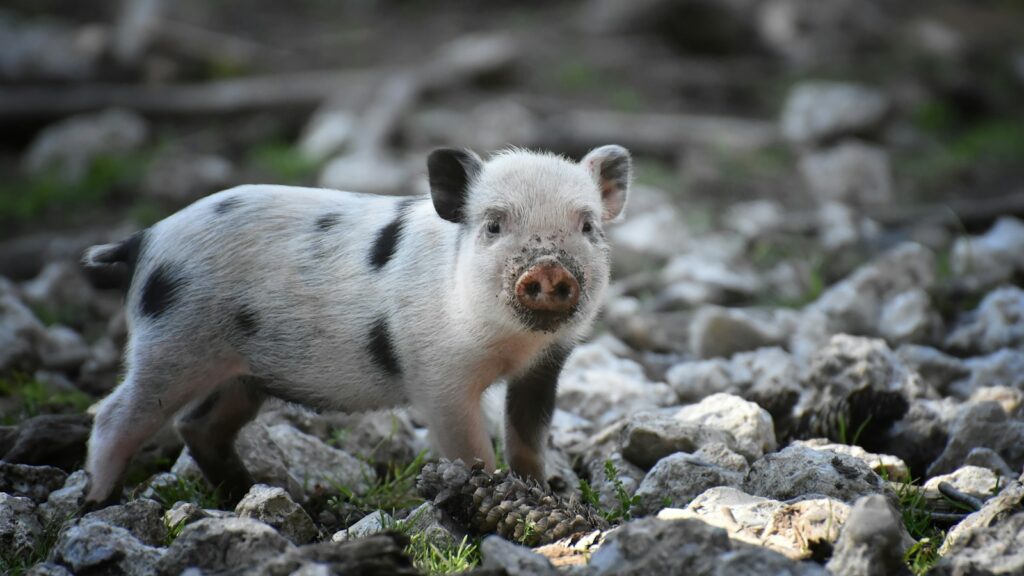
Mini pigs possess cognitive abilities comparable to those of a three-year-old human child, placing them among the most intelligent domesticated animals. Their brains, while smaller than those of their full-sized farm relatives, maintain the same neural complexity and problem-solving potential. Research conducted at multiple animal cognition centers has demonstrated that mini pigs can understand basic symbolic language, remember complex spatial layouts, and even use mirrors for self-recognition—a hallmark of advanced cognition typically only observed in great apes, dolphins, and elephants. This cognitive sophistication allows mini pigs to adapt quickly to new environments and learn from both direct experience and observation.
Problem-Solving Abilities That Surprise Researchers
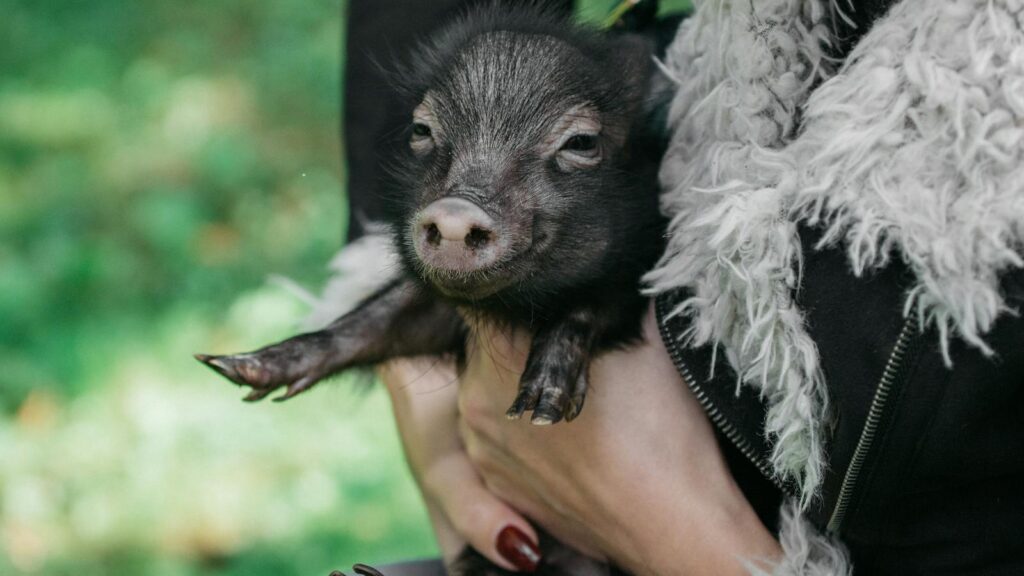
Mini pigs consistently demonstrate remarkable problem-solving skills that have impressed scientific researchers. In controlled studies, these animals routinely solve complex puzzles and navigate mazes with an efficiency that rivals that of dogs. One particularly notable experiment involved food-dispensing puzzles that required multiple steps to solve—mini pigs not only mastered these challenges but remembered the solutions months later without additional training. Their ability to use tools has also been documented, with observations of mini pigs using sticks to dig, move objects, and even create simple shelters. This advanced problem-solving capacity extends to situations where they must overcome obstacles through planning rather than simple trial and error.
Social Intelligence and Emotional Awareness
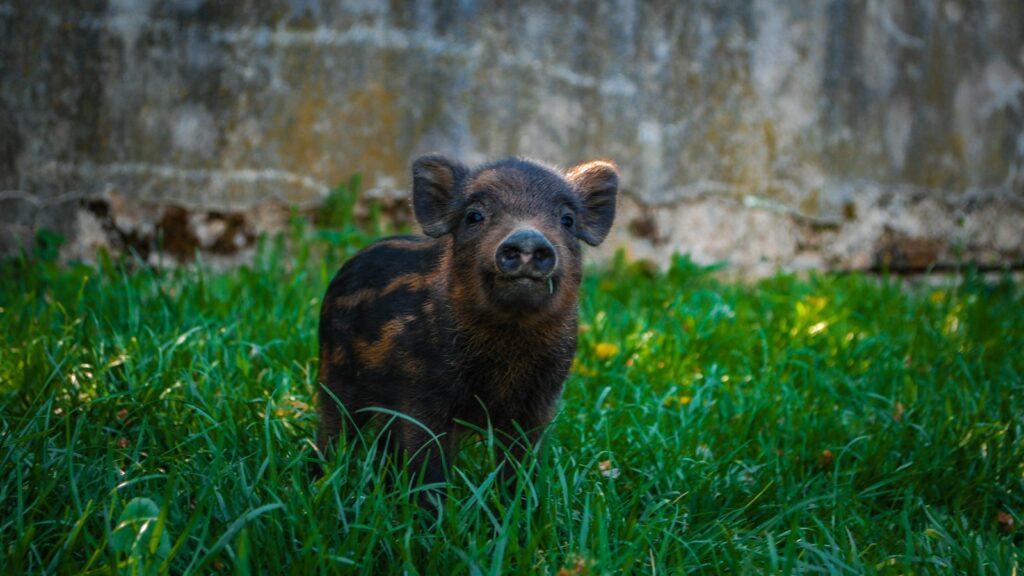
The social intelligence of mini pigs extends far beyond simple herd behavior, encompassing complex emotional awareness and response. These animals recognize different human and pig individuals, remembering interactions and responding differently based on past experiences with specific beings. Studies have shown that mini pigs can interpret human emotional states through vocal cues and facial expressions, adjusting their behavior accordingly. They demonstrate empathy toward distressed companions, often offering comfort through physical contact or vocalizations. This emotional intelligence allows mini pigs to form deep bonds with their human caretakers and other animals, creating sophisticated social networks that rely on memory, recognition, and emotional processing.
Learning Capacity and Training Potential
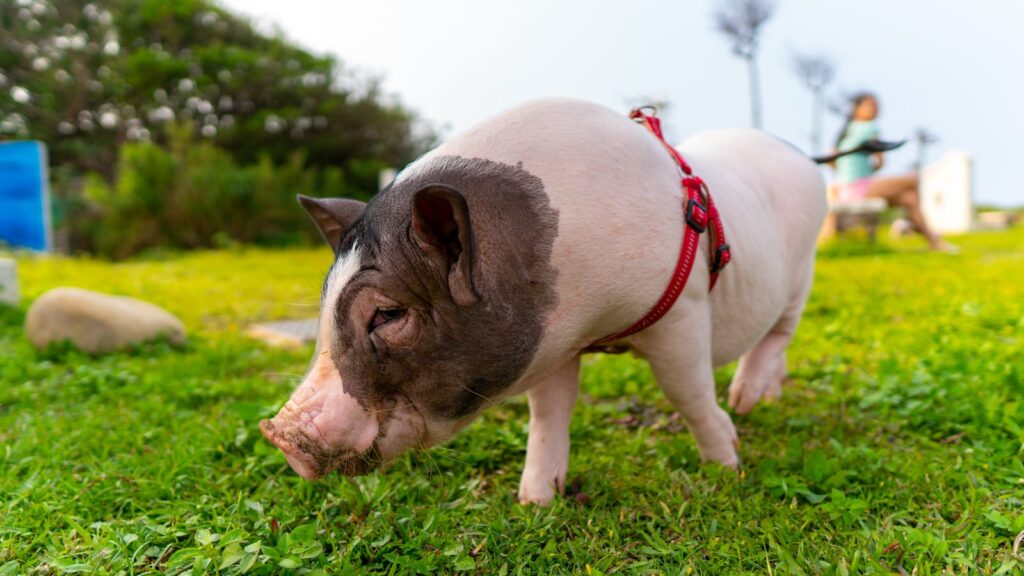
Mini pigs possess an extraordinary capacity for learning that often exceeds expectations for domesticated animals. They can be trained to respond to dozens of verbal commands, understand name recognition, and perform complex tasks that require multiple sequential steps. Unlike some domestic animals, mini pigs don’t just learn through repetition—they understand concepts and can apply learned skills to new situations through inference. Professional animal trainers have successfully taught mini pigs to play simple video games using specialized controllers, sort objects by color and shape, and even perform musical sequences on adapted instruments. This adaptable learning style means mini pigs continue to develop intellectually throughout their relatively long lifespans of 12-20 years.
Memory Capabilities That Rival Dolphins
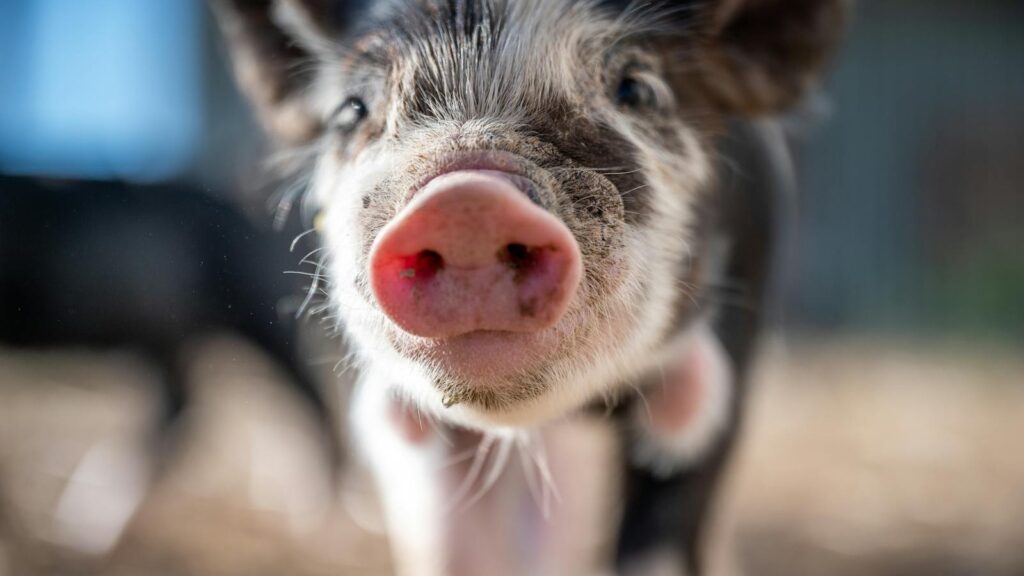
The long-term memory of mini pigs stands among the most impressive in the animal kingdom, with retention capabilities that rival those of dolphins and apes. These animals can remember specific individuals, places, and events for years—sometimes for their entire lifetime. Research has demonstrated that mini pigs recall complex spatial patterns and maze layouts even after intervals exceeding three years without reinforcement. Their episodic memory—the ability to recall specific past events in context—allows them to learn from single experiences without requiring repeated exposure. This memory capacity extends to emotional associations, with mini pigs showing clear recognition and either affection or caution toward humans based on experiences that occurred years earlier.
Self-Awareness and Mirror Recognition
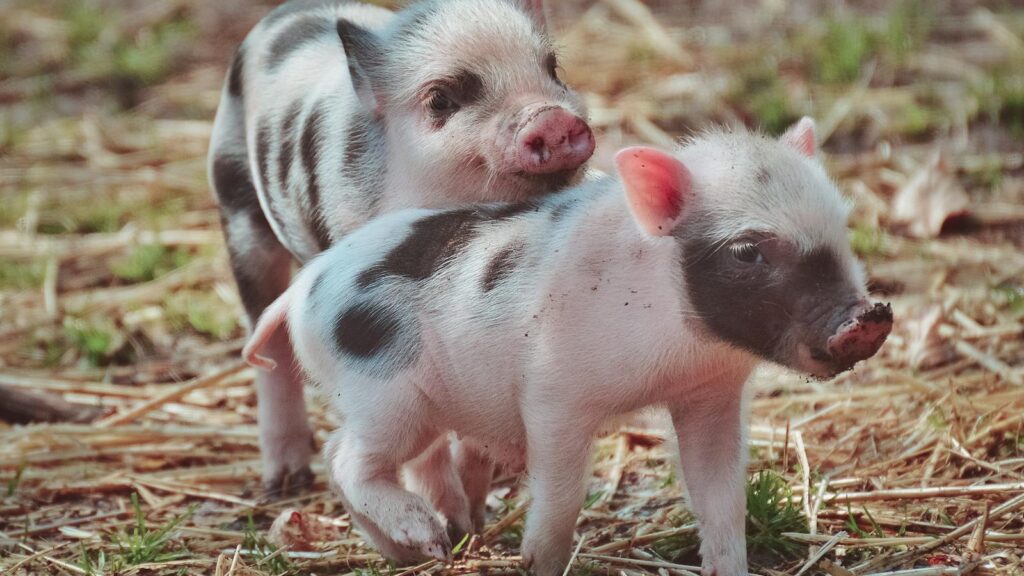
Perhaps the most profound cognitive ability demonstrated by mini pigs is their self-awareness, most notably evidenced through the mirror recognition test. This test, considered a gold standard for assessing animal consciousness, involves placing a mark on an animal in a location they cannot see without a mirror, then observing whether they use the mirror to investigate the mark. Mini pigs consistently pass this test, showing they understand the reflection represents themselves rather than another pig. Beyond mirror tests, mini pigs display other self-aware behaviors, such as deliberate self-grooming of areas they cannot see directly and modifying their behavior when they realize they’re being observed. This level of self-awareness places mini pigs in a select group of cognitively advanced species including great apes, elephants, dolphins, and magpies.
Communication Skills and Vocabulary Understanding
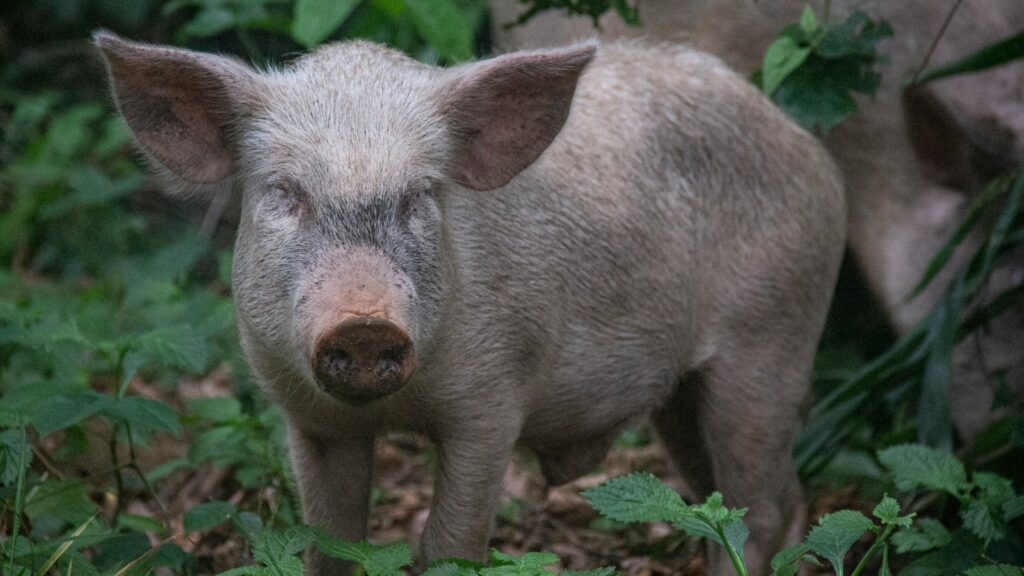
Mini pigs possess sophisticated communication abilities that involve both vocal and body language components. Studies have shown they can produce over 20 distinct vocalizations, each with specific contextual meanings ranging from contentment to alerting others about potential dangers. More impressively, mini pigs demonstrate receptive language skills, understanding human vocabulary of up to 100 words or phrases through consistent interaction. They can discern subtle differences in human tones and inflections, responding appropriately to emotional content in human speech. Researchers have documented mini pigs learning to associate specific symbols with objects or concepts, demonstrating a rudimentary understanding of symbolic representation that shares elements with early human language acquisition.
Comparative Intelligence with Dogs and Cats
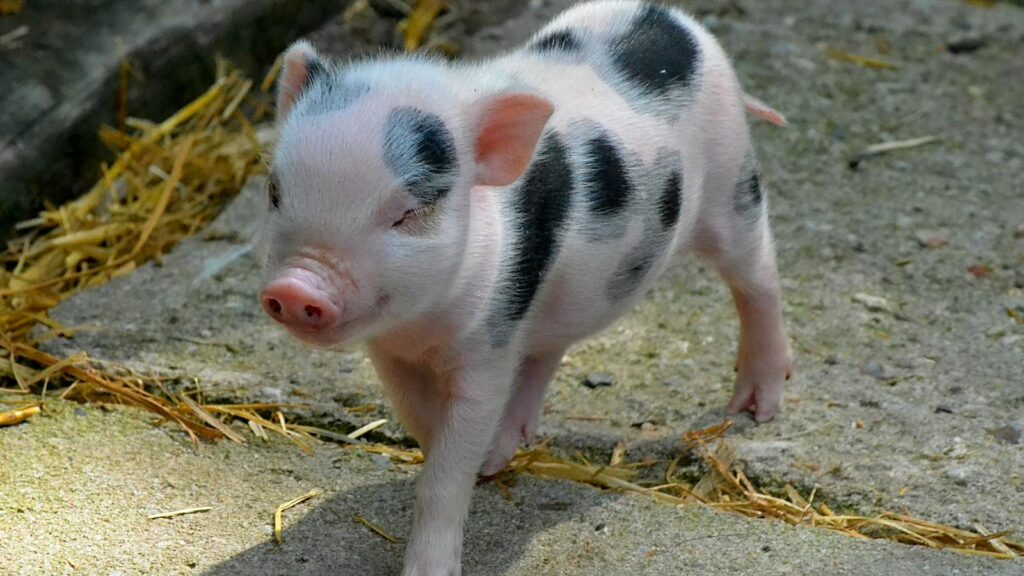
When comparing the cognitive abilities of mini pigs to our more familiar companions—dogs and cats—researchers have found that pigs consistently demonstrate equal or superior performance across multiple intelligence metrics. While dogs excel at reading human social cues through thousands of years of co-evolution, mini pigs surpass canines in spatial memory tasks, tool use, and abstract problem-solving. Compared to cats, mini pigs show significantly greater capacity for social learning and cooperative task completion. Neurologically, the mini pig brain contains structurally similar cognitive processing centers to those found in dogs, but with neural densities more comparable to primates in regions associated with memory and problem-solving. This neurological evidence supports behavioral observations that place mini pigs at least on par with, if not exceeding, the cognitive capabilities of our traditional companion animals.
Evolutionary Background of Porcine Intelligence
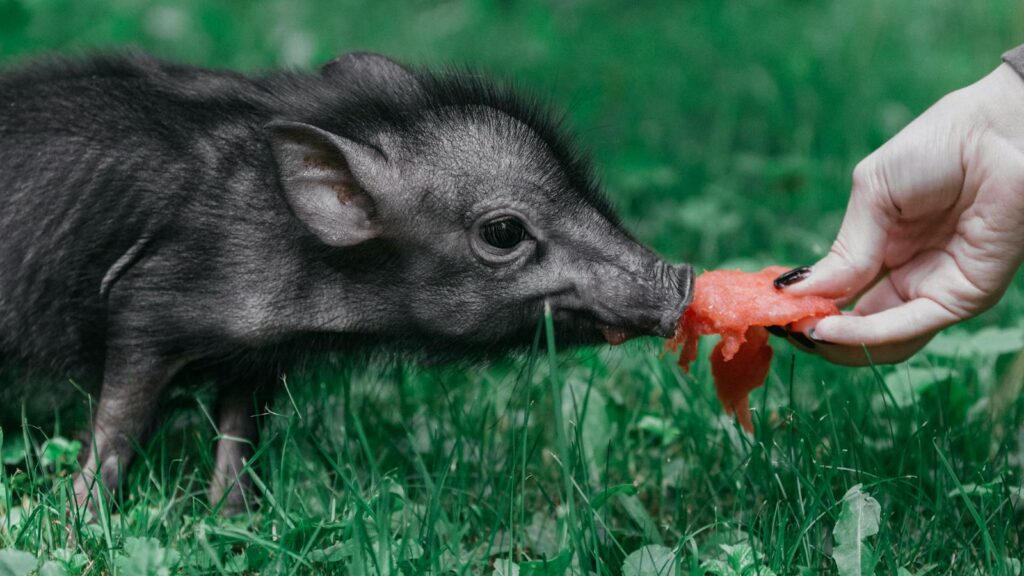
The impressive cognitive abilities of mini pigs can be traced to the evolutionary pressures that shaped their wild ancestors. Unlike predators that could rely on speed or strength, wild pigs evolved as opportunistic omnivores that needed to remember complex foraging locations across vast territories, detect subtle environmental changes, and adapt quickly to new food sources and threats. This evolutionary history selected for intelligence as a survival strategy, favoring individuals with superior memory, problem-solving skills, and adaptability. The natural habitat of wild pigs—forests and woodlands with seasonally changing food sources—required cognitive mapping abilities and sophisticated memory systems to track resources. Modern mini pigs, despite their smaller size, inherit this evolutionary cognitive toolkit that developed over millions of years of natural selection.
Practical Applications of Mini Pig Intelligence
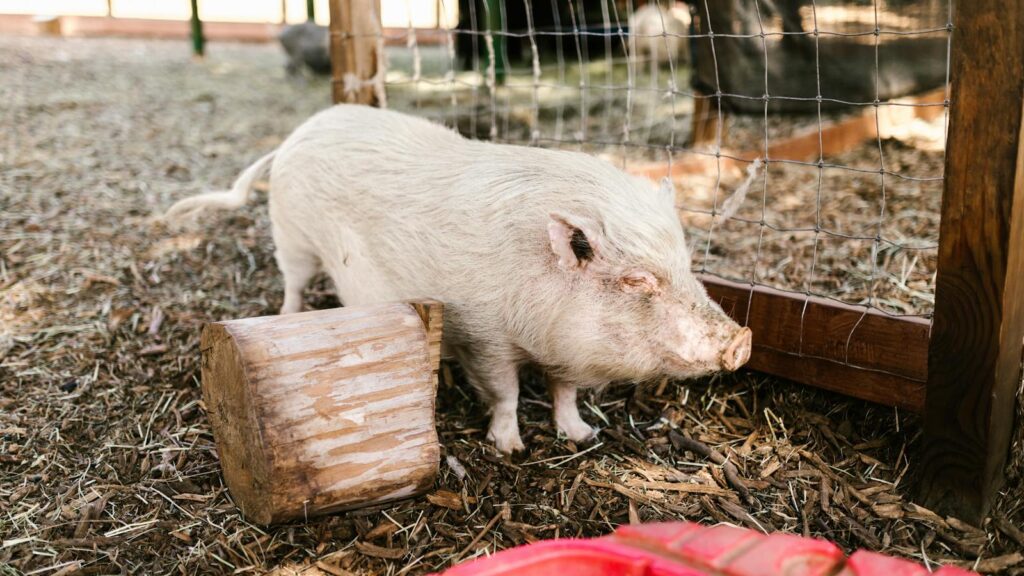
The exceptional intelligence of mini pigs has found practical applications beyond their role as companion animals. In some regions, their sensitive noses combined with their trainability have led to their use in truffle hunting, where they demonstrate superior control compared to dogs by avoiding consumption of the valuable fungi. Mini pigs have been successfully employed in animal-assisted therapy programs, where their intelligence allows them to learn consistent behaviors that benefit individuals with various psychological needs. Their ability to navigate complex environments has even led to experimental use in search and rescue training programs, particularly in scenarios where dogs might be overwhelmed by competing scents. Some agricultural researchers are studying how mini pig intelligence might inform more humane and effective farming practices for their larger cousins in commercial settings.
Enrichment Needs Based on Cognitive Abilities
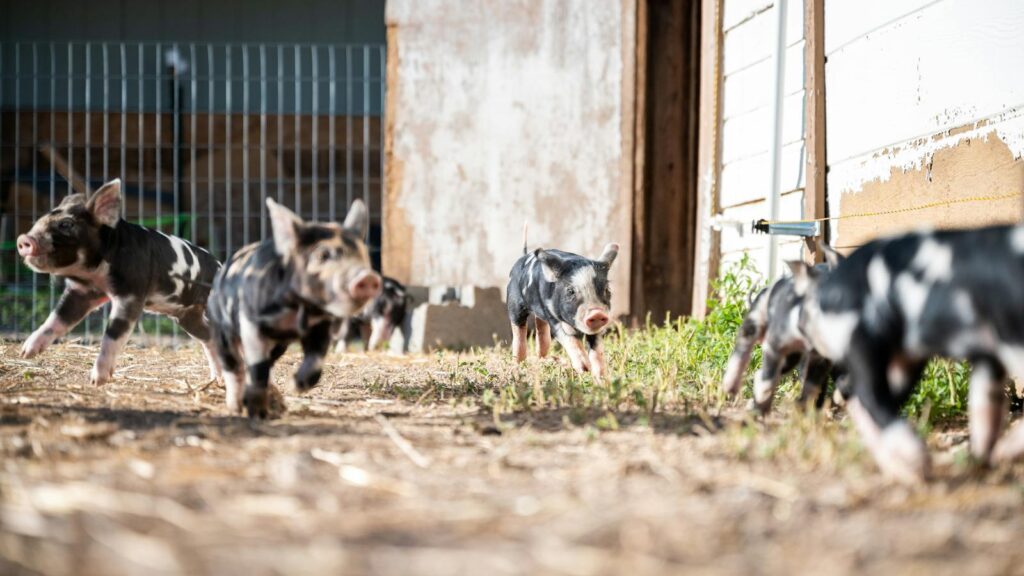
The advanced intelligence of mini pigs creates specific needs for mental stimulation that exceed those of many other companion animals. Without adequate cognitive challenges, these intelligent animals often develop problematic behaviors stemming from boredom and frustration. Effective enrichment programs for mini pigs should include problem-solving opportunities like food puzzles that require multiple steps to access rewards. Rotating new objects and rearranging their environment provides mental stimulation through novel experiences that engage their natural curiosity and exploration drives. Social enrichment through interaction with humans and other animals satisfies their need for complex social engagement and emotional connection. Many successful mini pig owners implement training sessions focused on learning new skills rather than merely reinforcing basic behaviors, providing the intellectual challenges these smart animals require for psychological wellbeing.
Misconceptions That Underestimate Porcine Intelligence
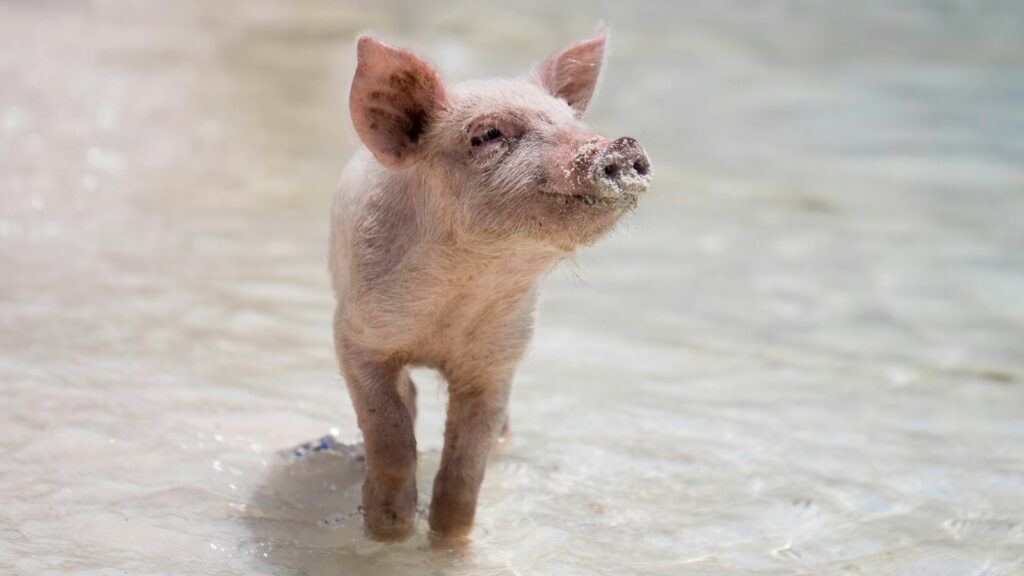
Despite mounting scientific evidence of their cognitive abilities, mini pigs continue to face misconceptions that underestimate their intelligence. The persistent cultural image of pigs as dirty, simple animals has led many to dismiss their problem-solving abilities as mere food-motivated behavior rather than genuine intelligence. The novelty pet status of mini pigs has further reinforced these misconceptions, with many people acquiring them with expectations based on their cuteness rather than an understanding of their complex cognitive needs. Even within animal cognition research, pigs received less attention than primates, dolphins, and birds until relatively recently, creating a knowledge gap that is only now being addressed. These misconceptions have real consequences for mini pigs, as owners unprepared for their intelligence often struggle to provide appropriate mental stimulation, leading to behavioral issues that could be avoided with proper understanding of their cognitive capabilities.
Future Research Directions in Mini Pig Cognition
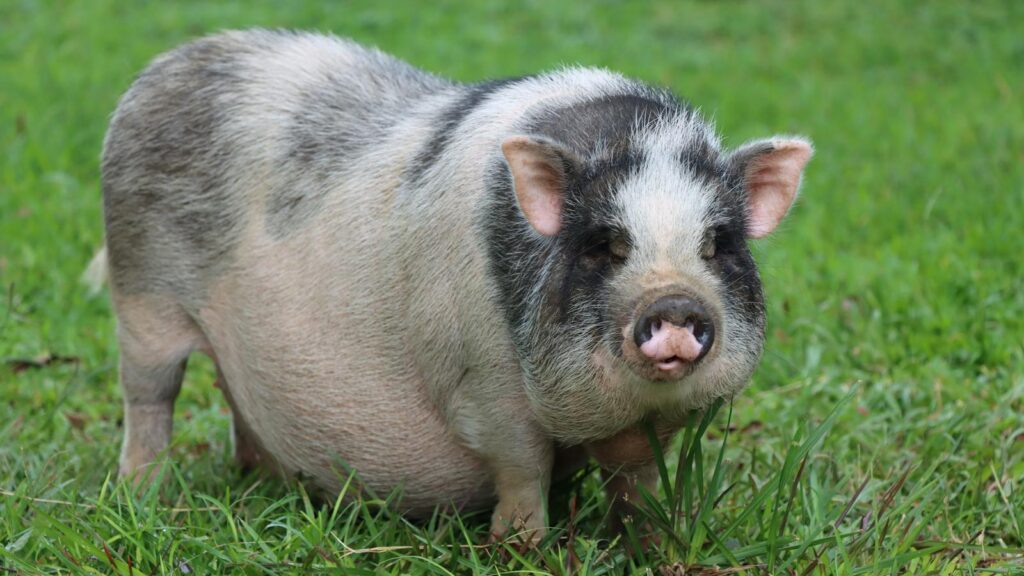
The field of mini pig cognition represents a frontier in animal intelligence research with numerous promising directions for future investigation. Researchers are particularly interested in exploring the limits of abstract thinking in mini pigs, including their potential capacity for understanding cause-and-effect relationships across extended time periods. The social intelligence of mini pigs deserves deeper examination, especially regarding their ability to learn through observation and potentially develop culture-like transmitted behaviors within groups. Neurological studies using non-invasive imaging techniques may reveal more about the structural similarities between pig brains and those of recognized intelligent species like primates and cetaceans. As research methods become more sophisticated, scientists anticipate discovering even more impressive cognitive abilities in these animals, potentially revolutionizing our understanding of intelligence evolution across mammalian species.
Mini pigs challenge our traditional understanding of animal intelligence with their remarkable cognitive abilities. Their problem-solving skills, emotional intelligence, self-awareness, and memory capabilities place them among the most intellectually sophisticated domestic animals. As research continues to unveil the depths of porcine cognition, we’re gaining a deeper appreciation for these animals beyond their novelty as pets. Understanding the true intelligence of mini pigs not only enhances our relationship with these remarkable animals but also encourages us to reconsider how we perceive intelligence throughout the animal kingdom. For those fortunate enough to share their lives with these clever creatures, the journey of discovery continues to reveal just how much more intelligent mini pigs truly are than most of us initially believed.
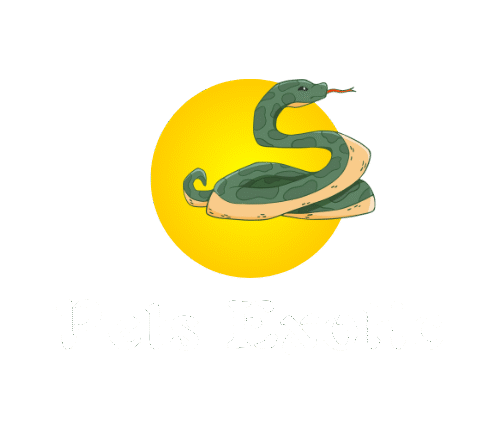
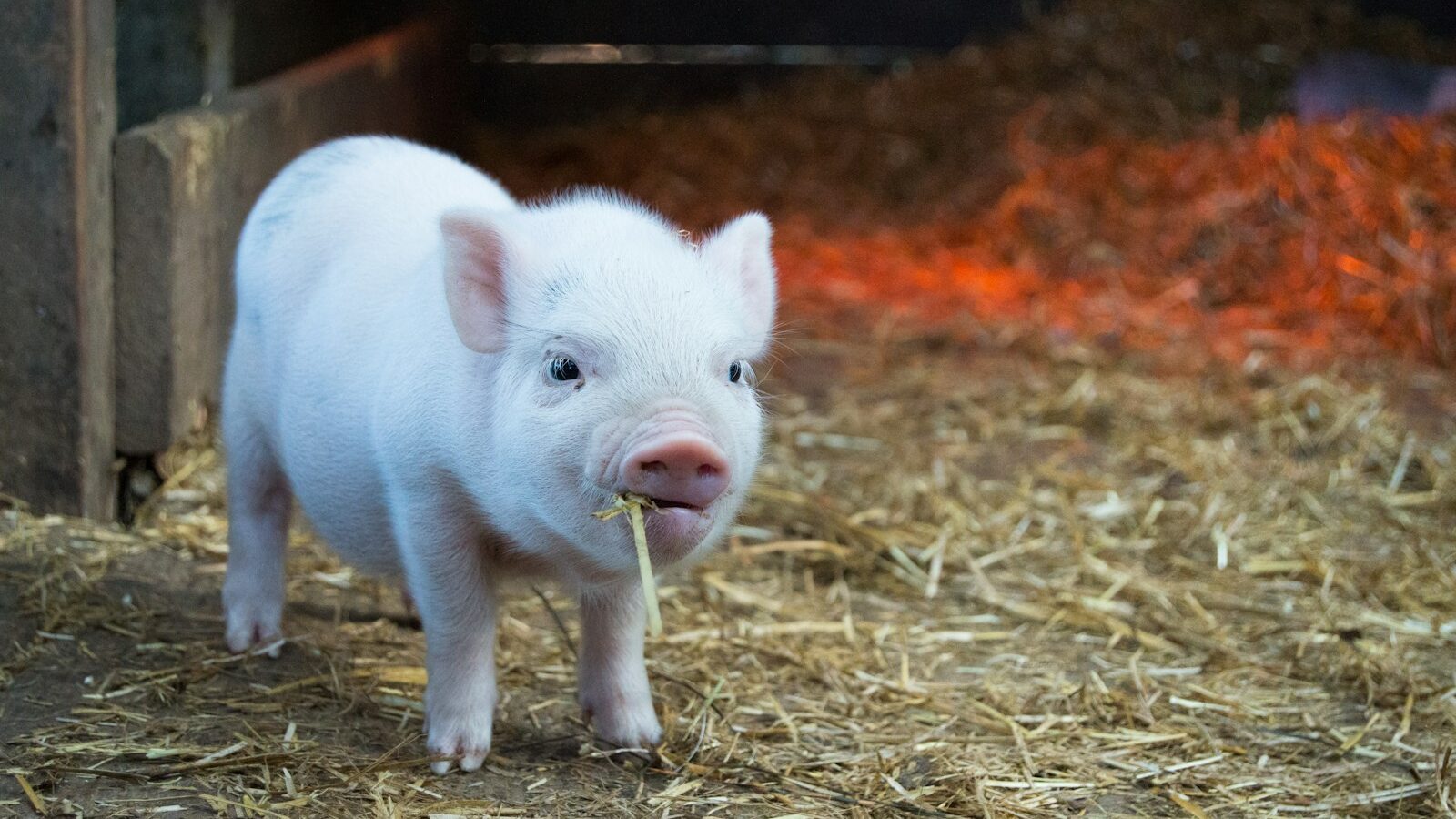
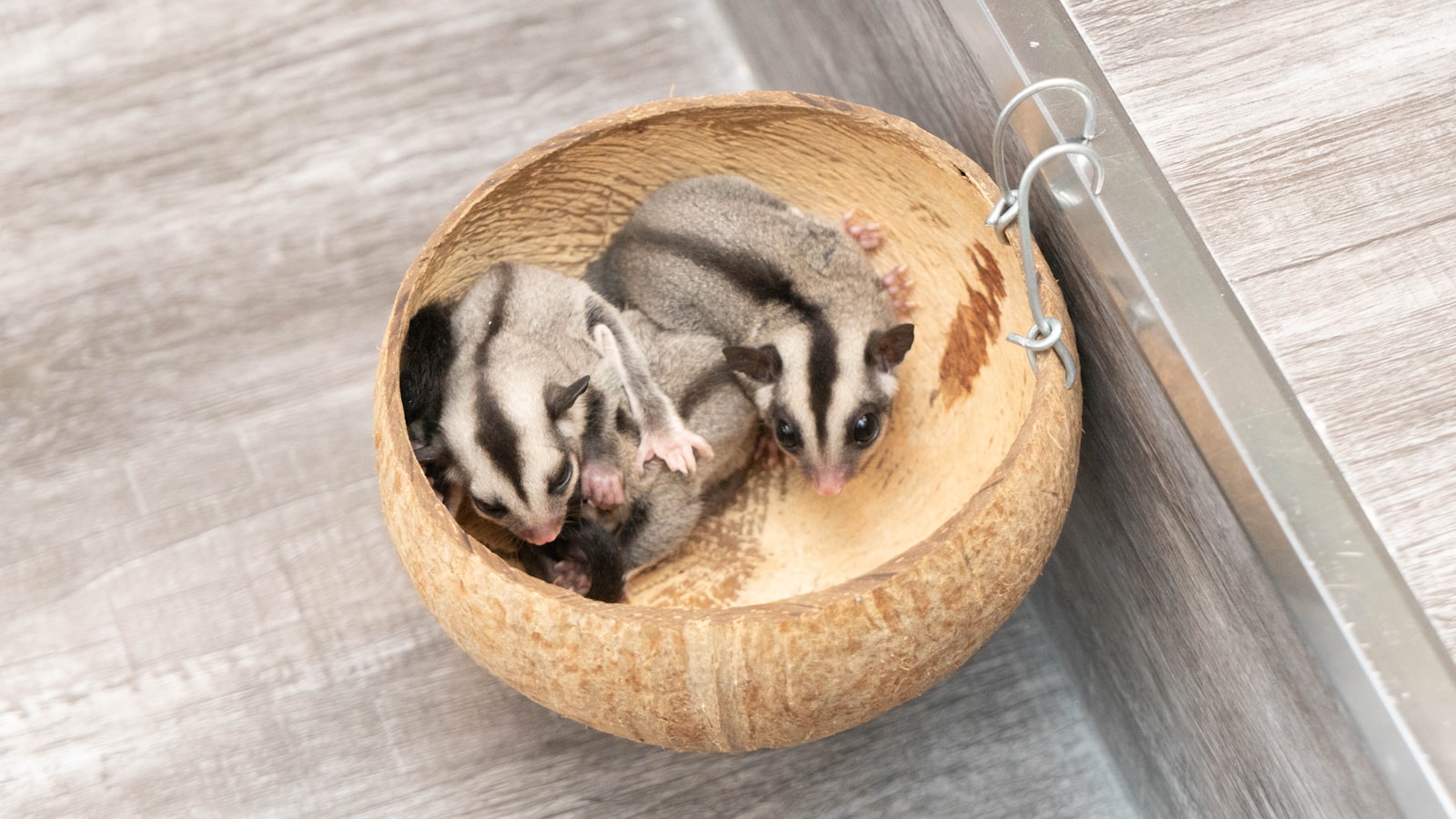
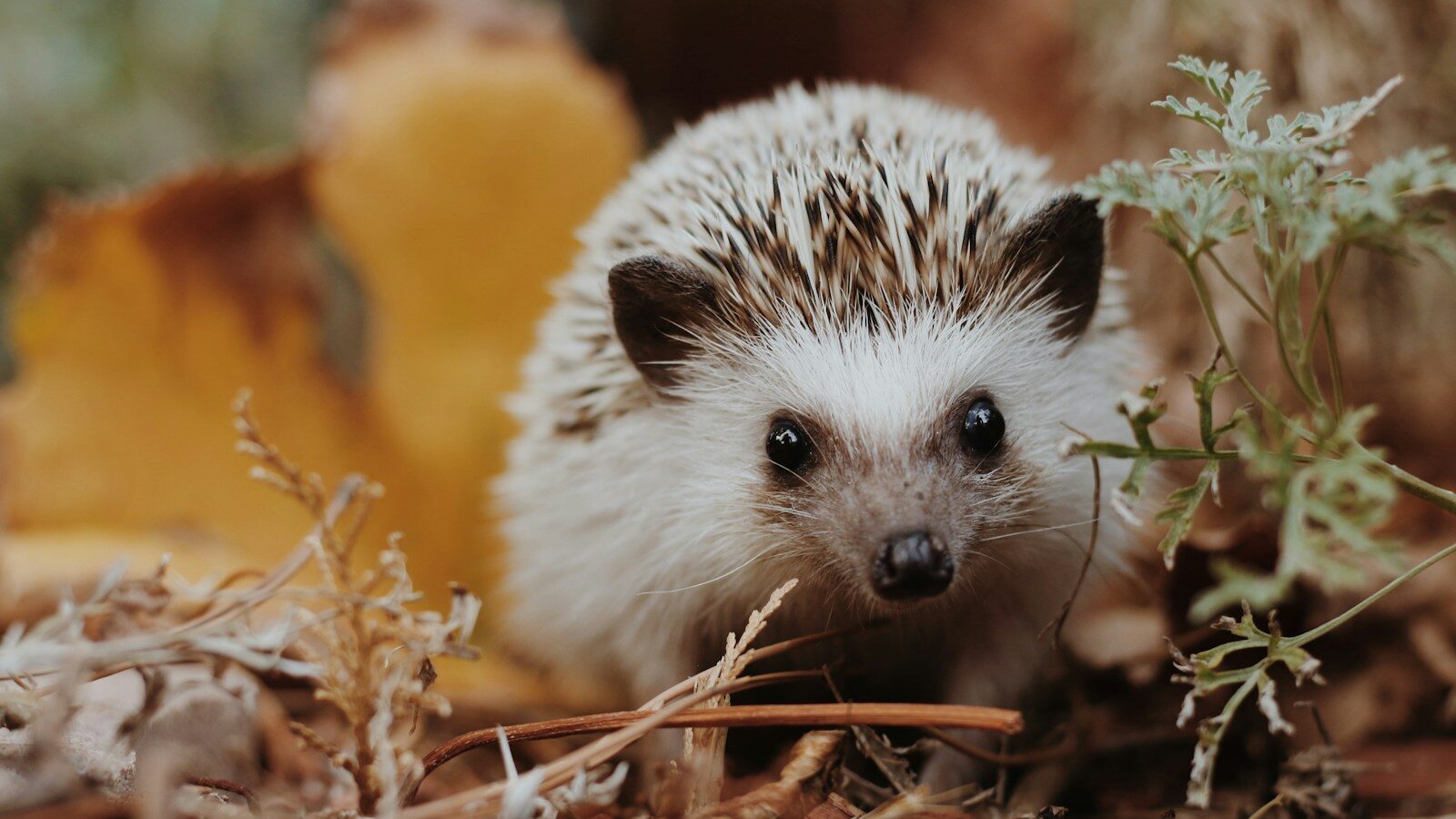
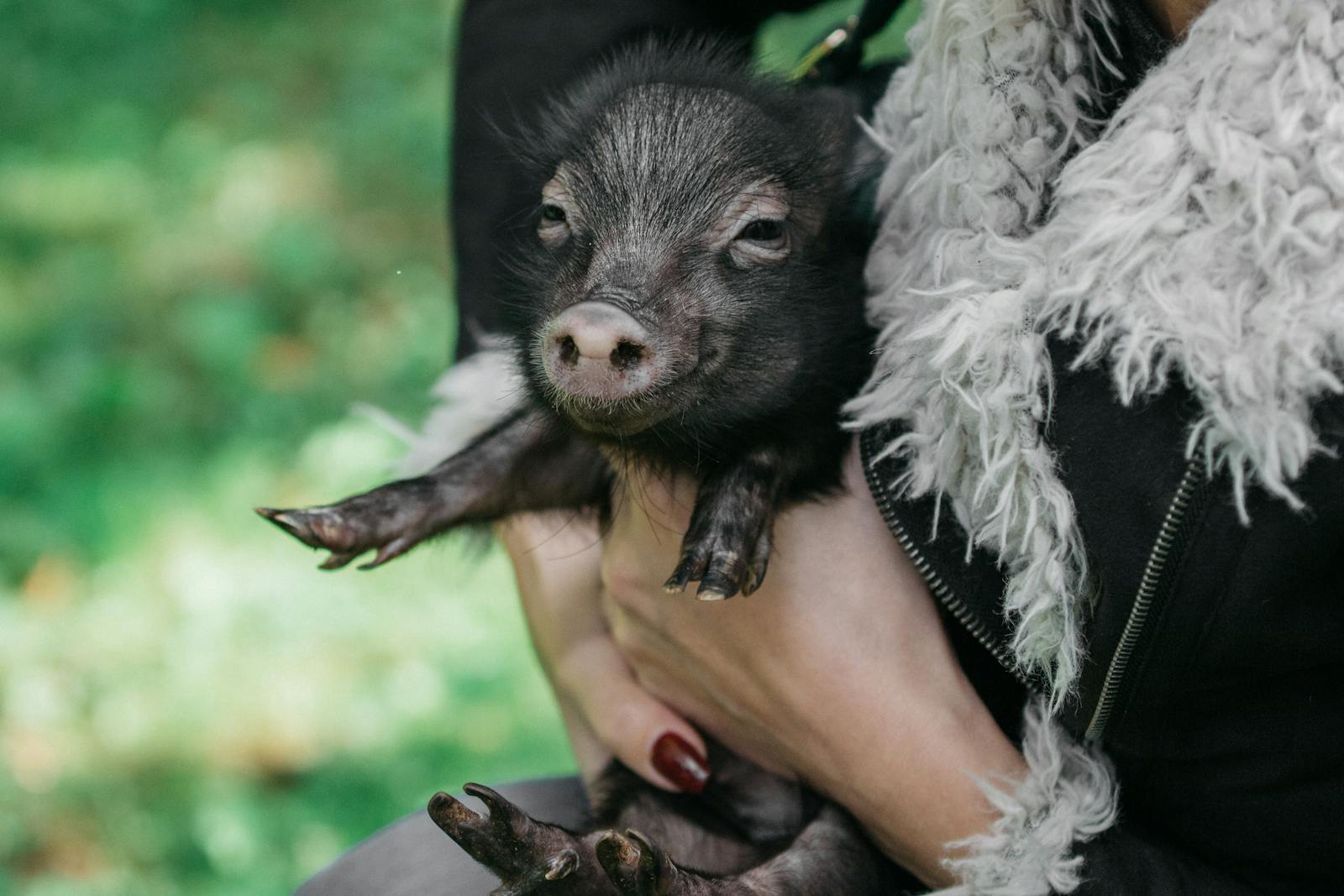
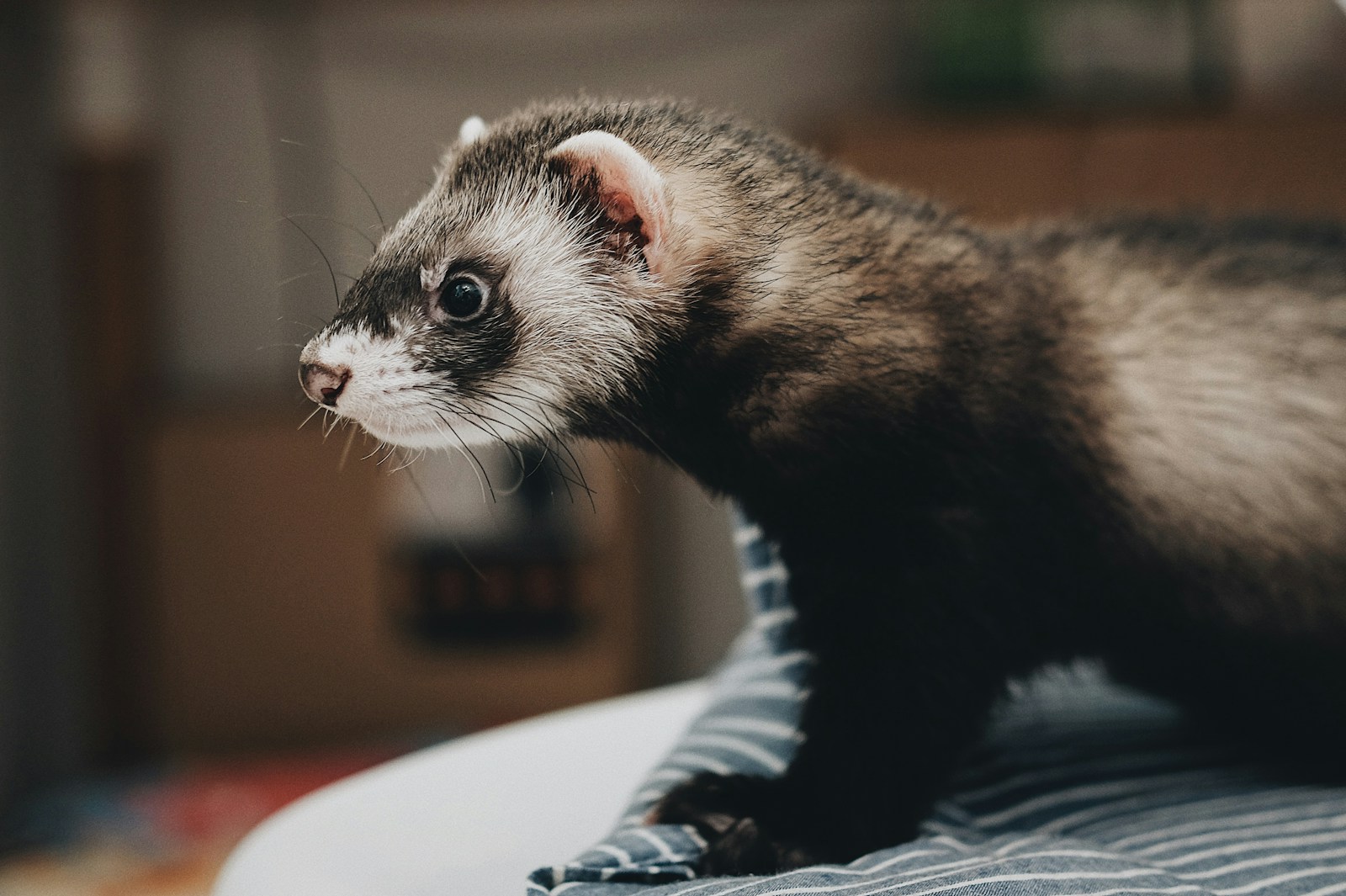
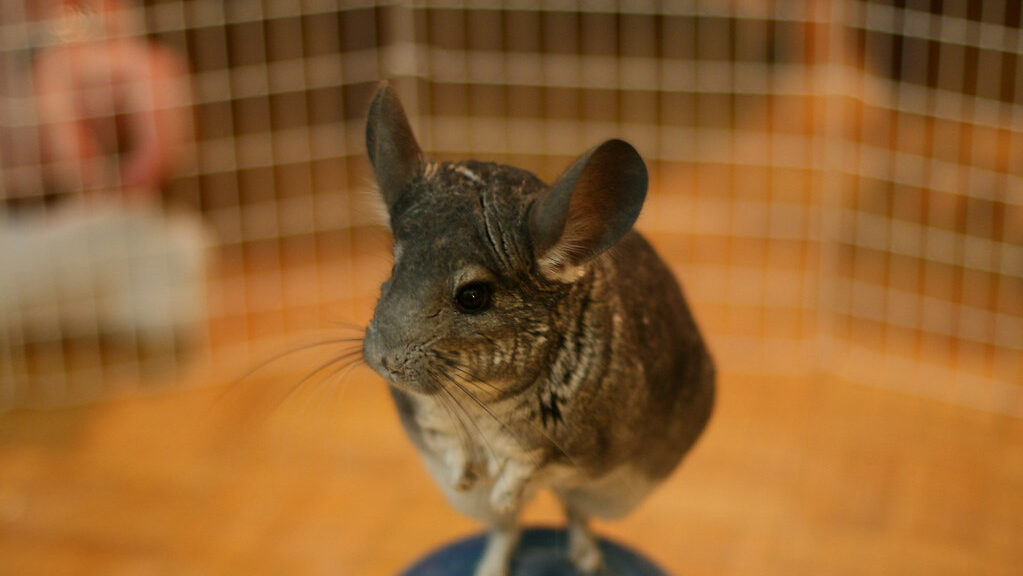
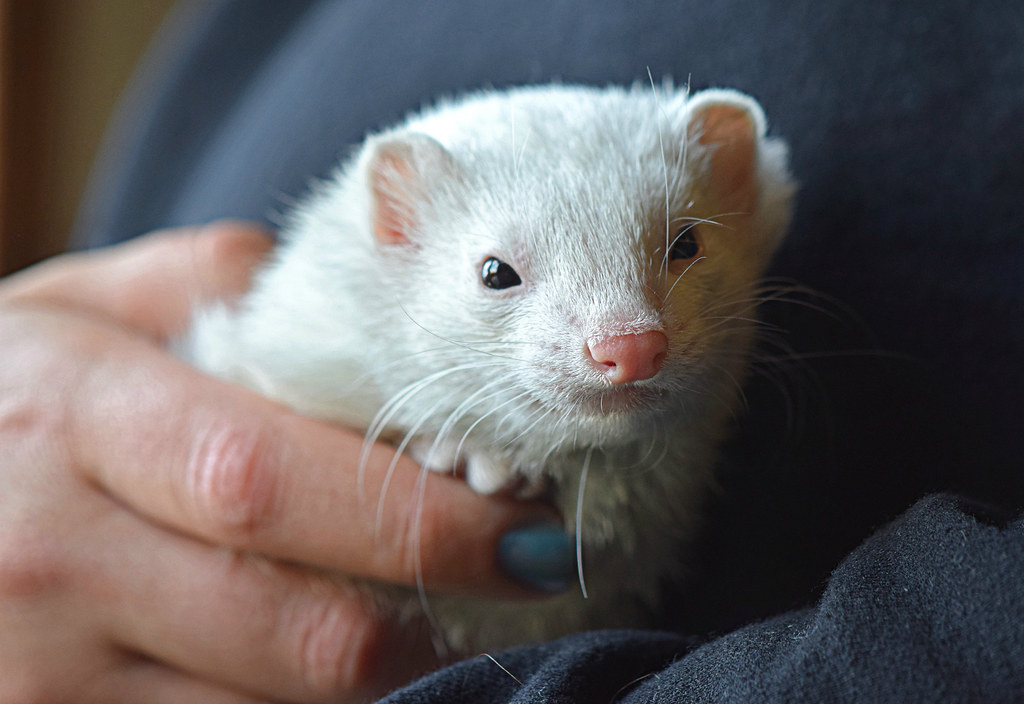
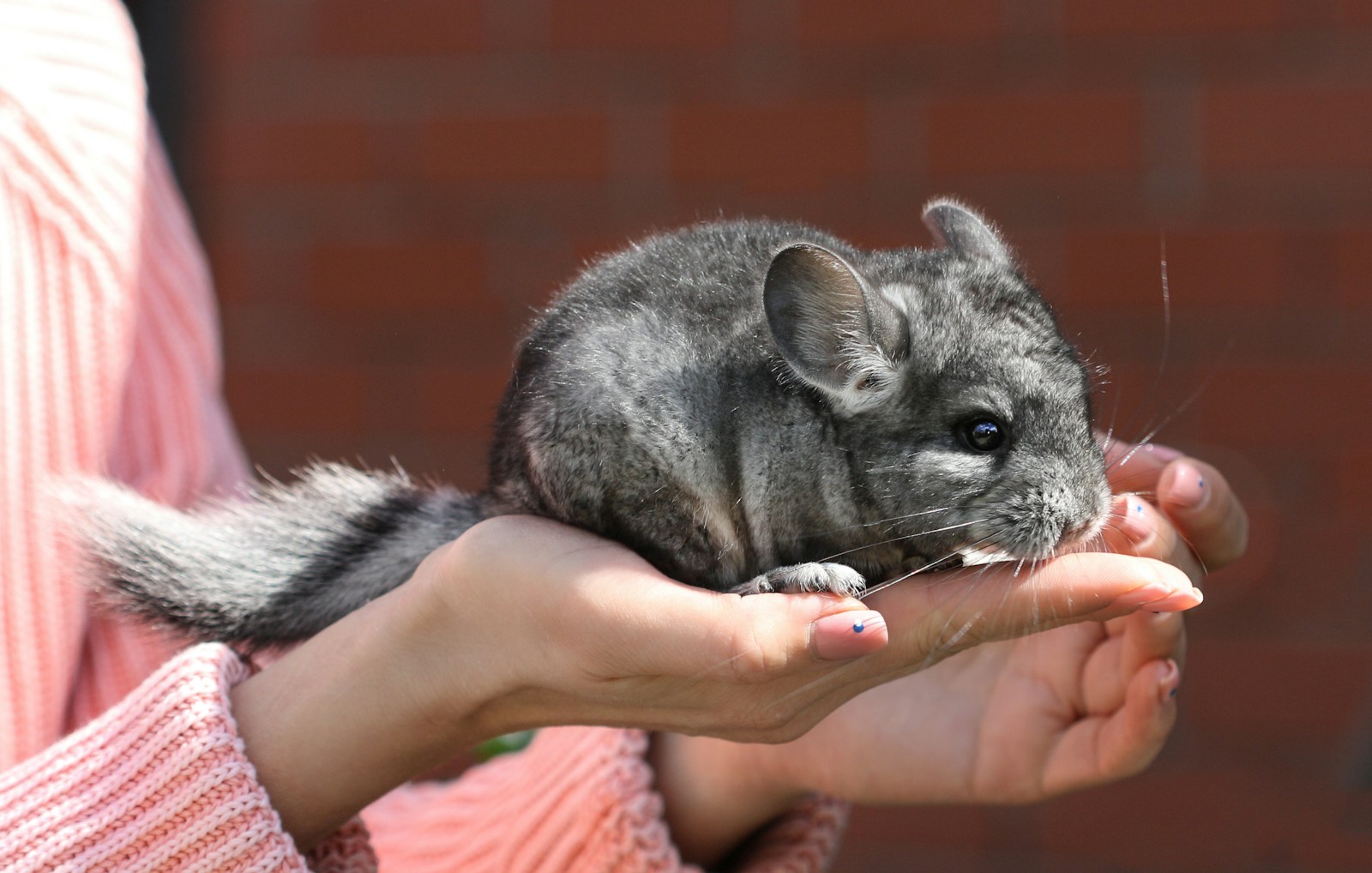
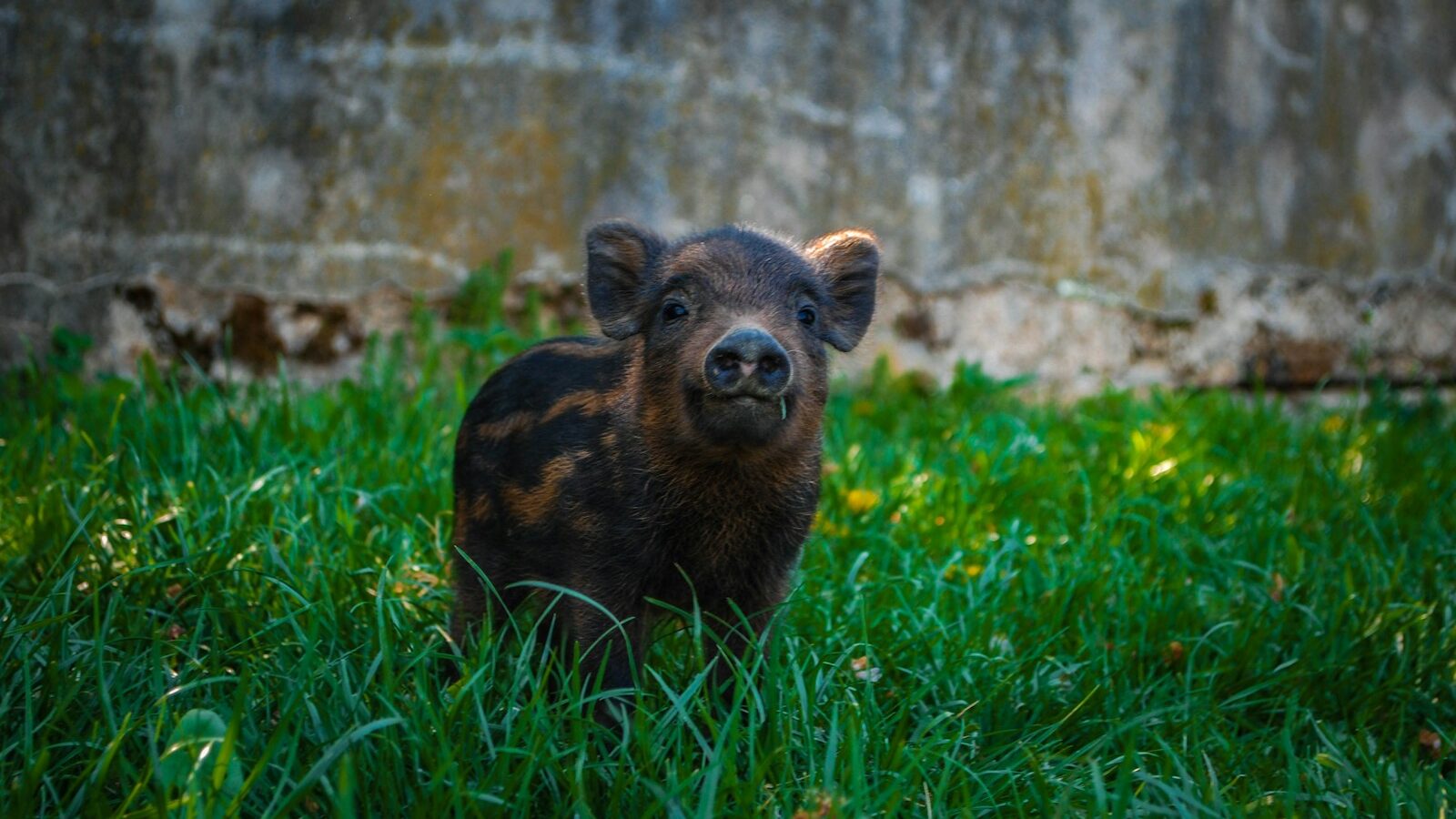
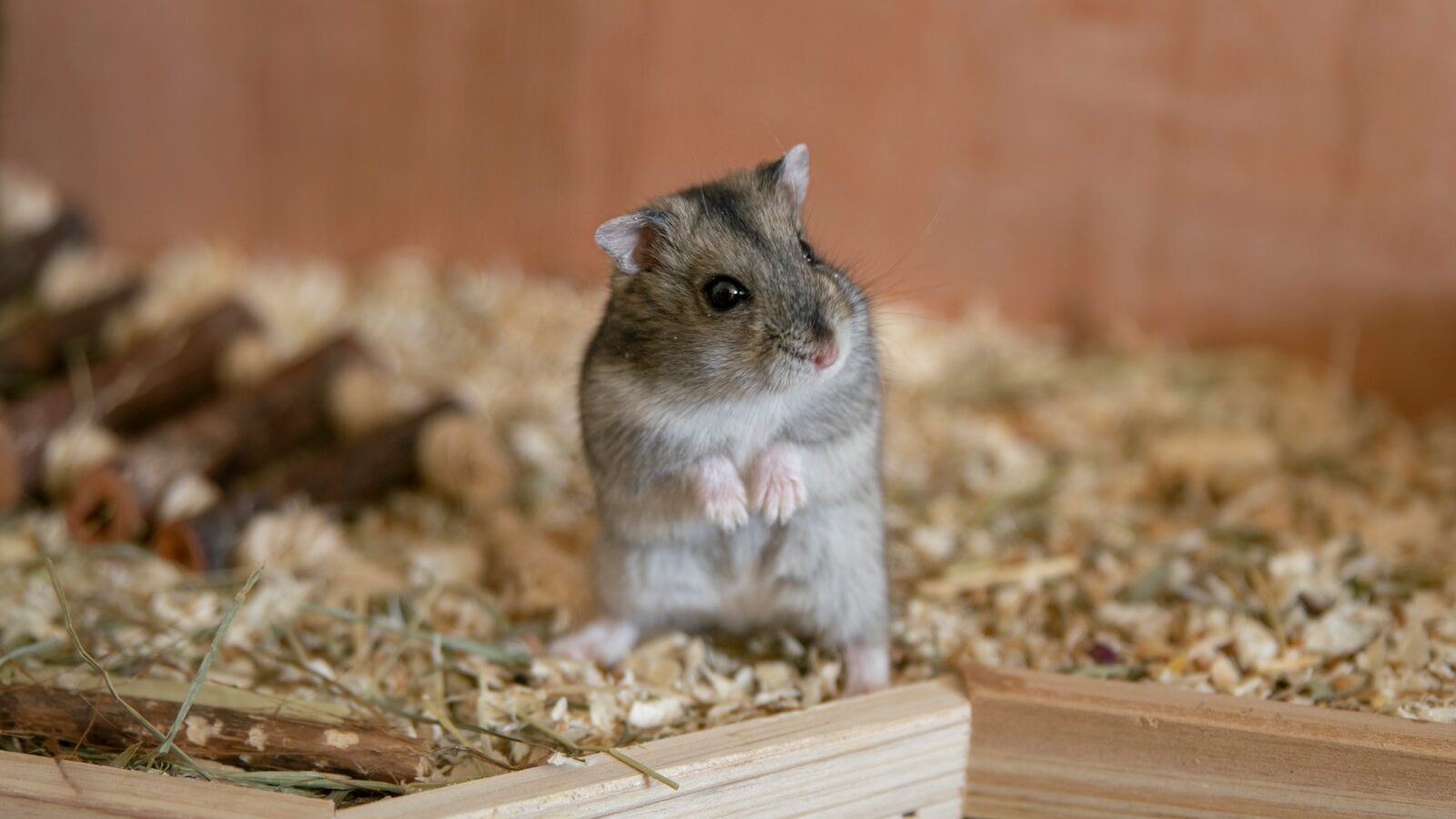
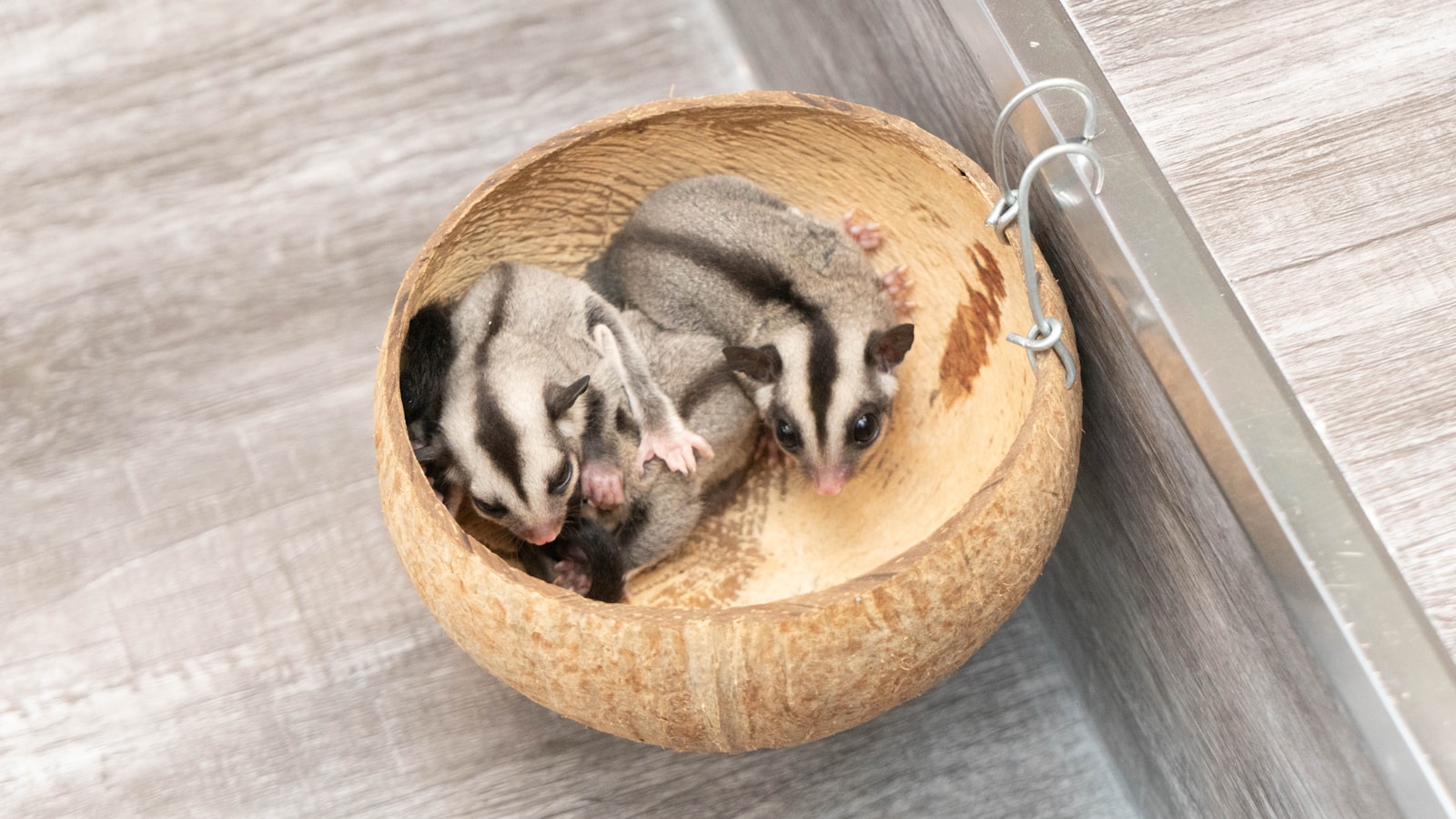
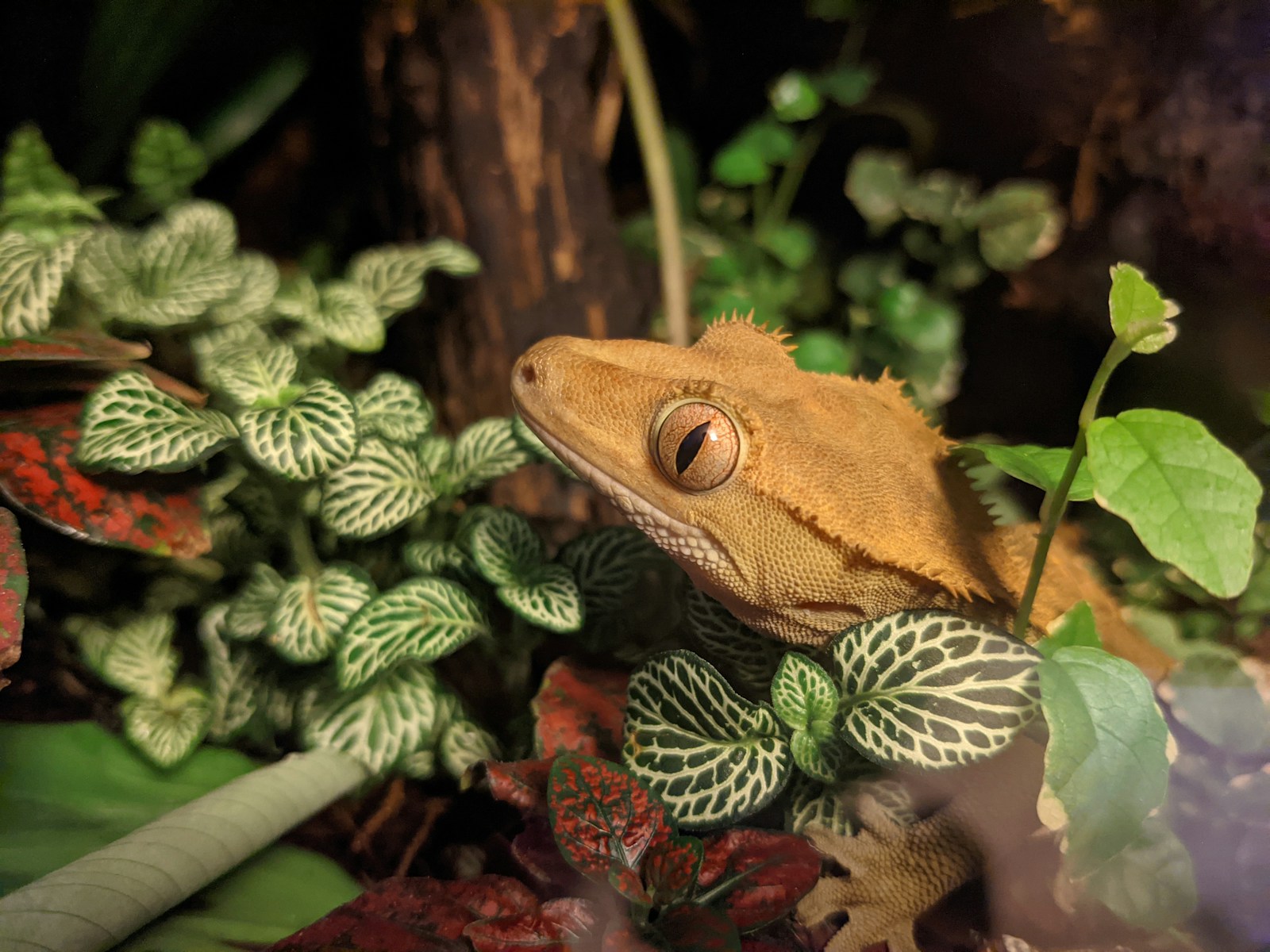
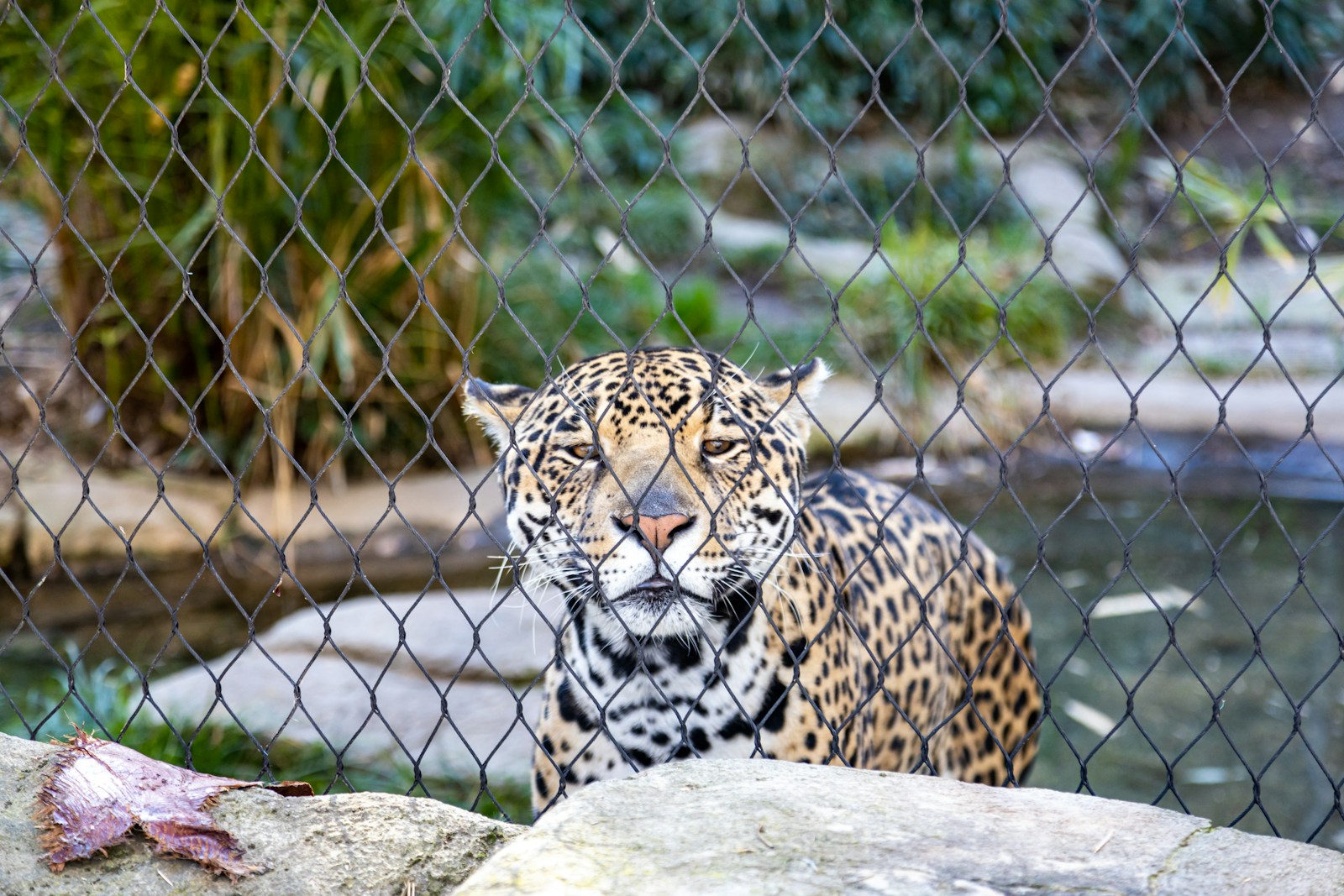
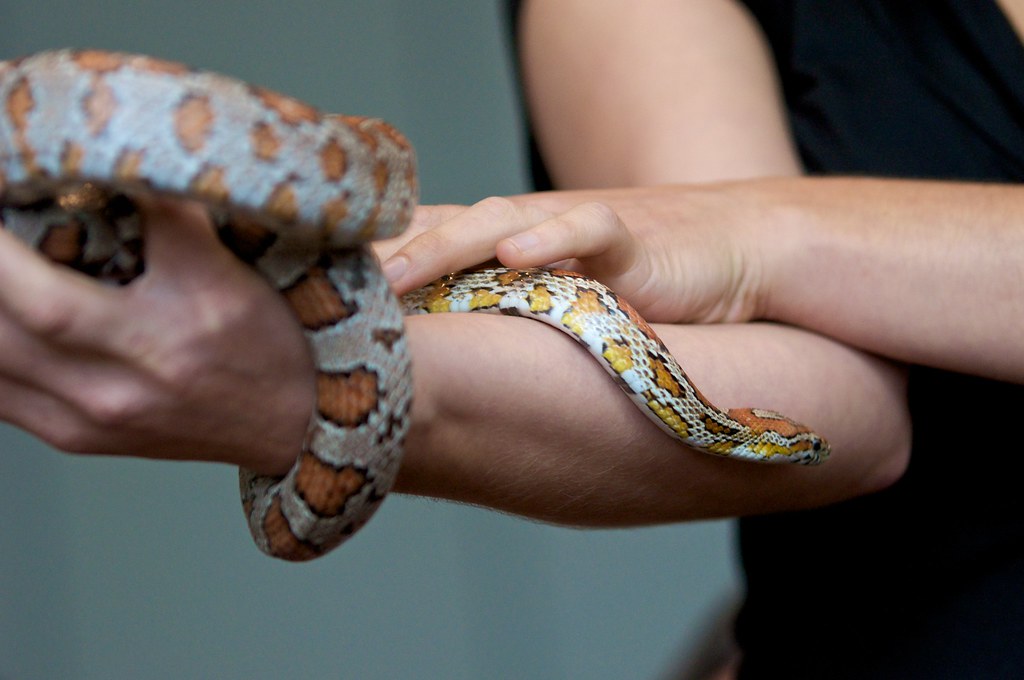
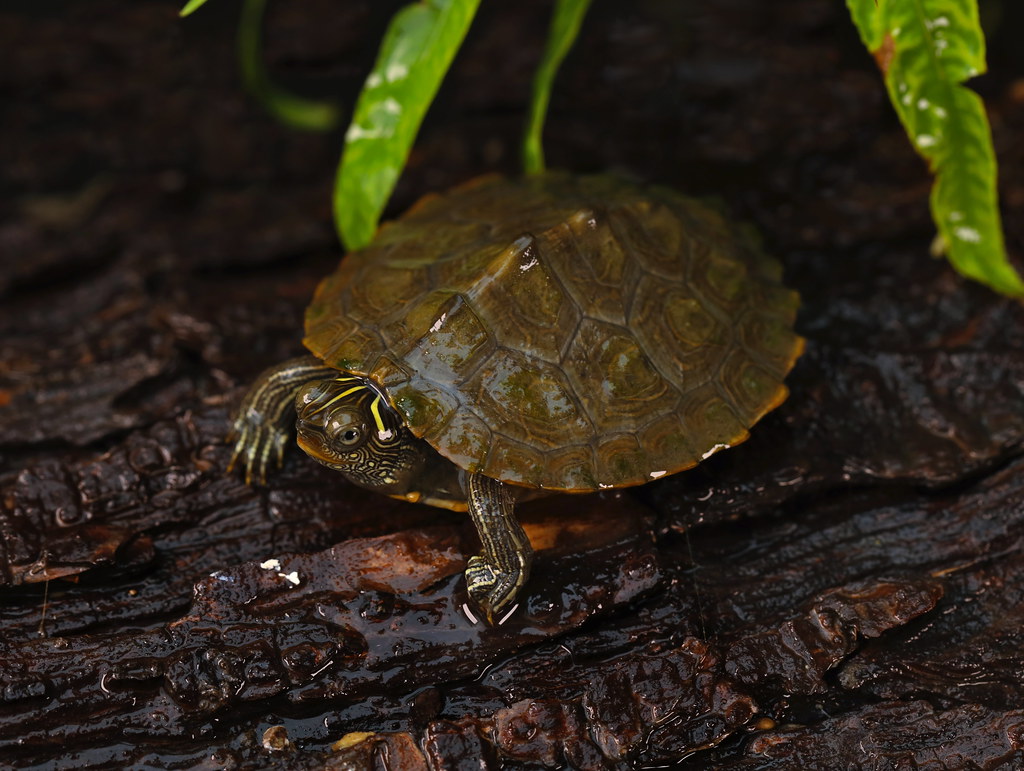
Leave a Reply